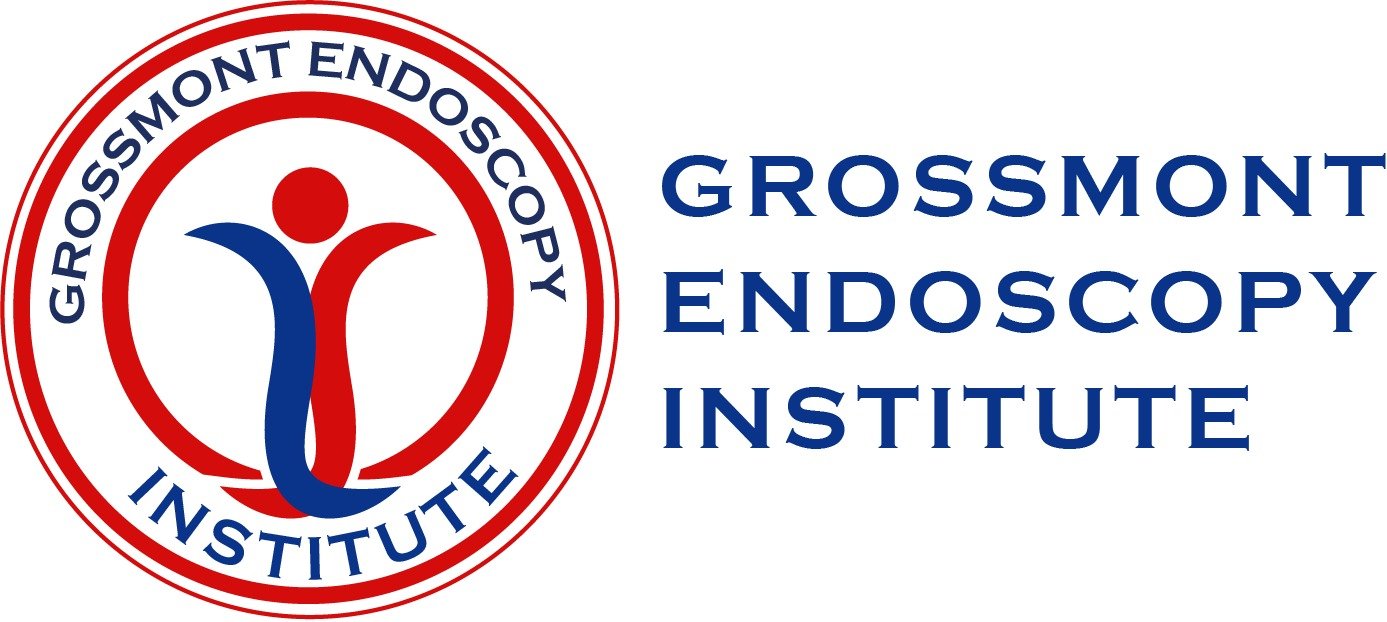Gastroenterology
- Home
- Gastroenterology
What Is Gastroenterology?
Gastroenterology is the branch of medicine that focuses on the health of the digestive system — a complex network of organs extending from the mouth to the colon. These organs work together to help the body digest food, absorb nutrients, and eliminate waste efficiently.
At Grossmont Endoscopy Institute, our gastroenterology specialists diagnose and treat a wide range of digestive disorders involving the esophagus, stomach, intestines, liver, pancreas, gallbladder, and bile ducts. We use advanced diagnostic tools and minimally invasive endoscopic procedures to ensure accurate results and effective, patient-centered care.
Symptoms of Digestive Problems
General gastroenterologists at Grossmont Endoscopy Institute have extensive experience in identifying the signs and symptoms of digestive system disorders.
Common symptoms that may indicate a gastrointestinal condition include:
- Abdominal pain
- Acid reflux or heartburn
- Blood in vomit or stool
- Bloating or gas
- Constipation
- Diarrhea
- Difficulty swallowing
- Indigestion
- Nausea
- Vomiting

Diagnosis
Accurate diagnosis is the first step toward effective treatment of digestive conditions.
To reach a diagnosis, your doctor will review your medical history, discuss your symptoms, and perform a thorough evaluation.
A physical exam may also be recommended to better understand your condition. Depending on your symptoms, your gastroenterologist may use diagnostic tools such as lab tests, imaging studies, or endoscopic procedures — where a thin camera is used to examine the inside of the digestive tract.
- Lab tests like a fecal immune test (FIT) that look for blood in the stool
- Imaging tests that help your physician see how your digestive system processes food and waste
- Tests that help show the strength and function of muscles in the esophagus, rectum, or anus
Our board-certified physicians combine advanced diagnostic methods with compassionate care to identify both common and complex gastrointestinal conditions — from heartburn and ulcers to inflammatory bowel disease and liver disorders.
Treatment
At Grossmont Endoscopy Institute, our physicians use the latest diagnostic technologies, medical therapies, and advanced endoscopic techniques to deliver the highest standard of digestive care.
We provide personalized treatment plans designed to address each patient’s specific condition effectively and comfortably.
-
Esophageal and intestinal dilation to relieve strictures and improve swallowing or bowel function.
-
Feeding tube placement for patients who require nutritional support.
-
Hemostasis procedures to control gastrointestinal bleeding.
-
Medication management for acid reflux, inflammatory conditions, and other digestive disorders.
-
Gallstone removal using minimally invasive endoscopic techniques.
-
Polyp removal (polypectomy) to prevent or treat precancerous growths in the colon.
Related Services
Our multidisciplinary approach allows seamless collaboration across specialties to provide comprehensive care, including:
- Cancer Care
- Urology
- Colorectal Surgery
- Liver Center
- Minimally Invasive and Robot-Assisted Surgery
- Nutrition Counseling
- Specialty and Infusion Pharmacy
